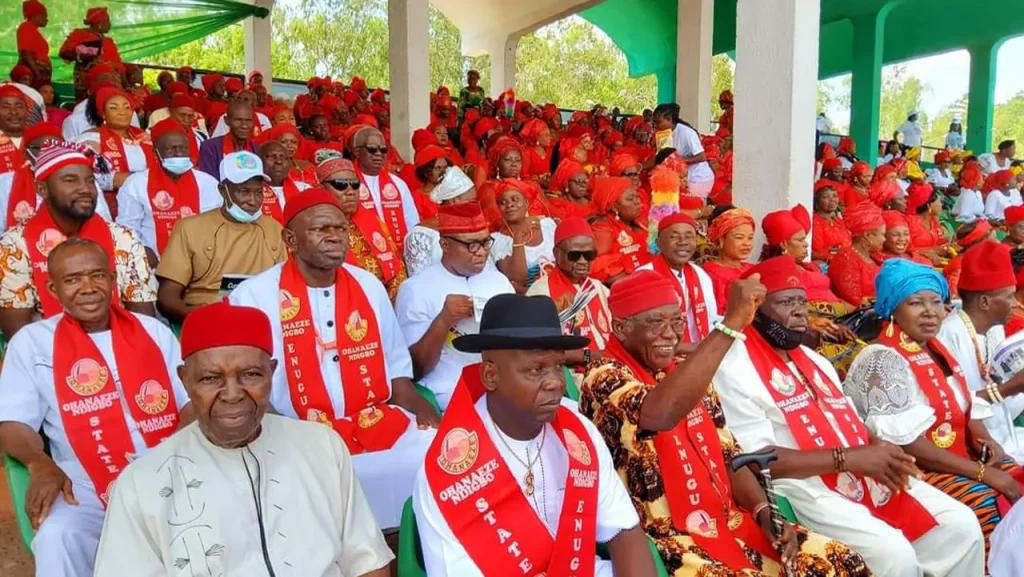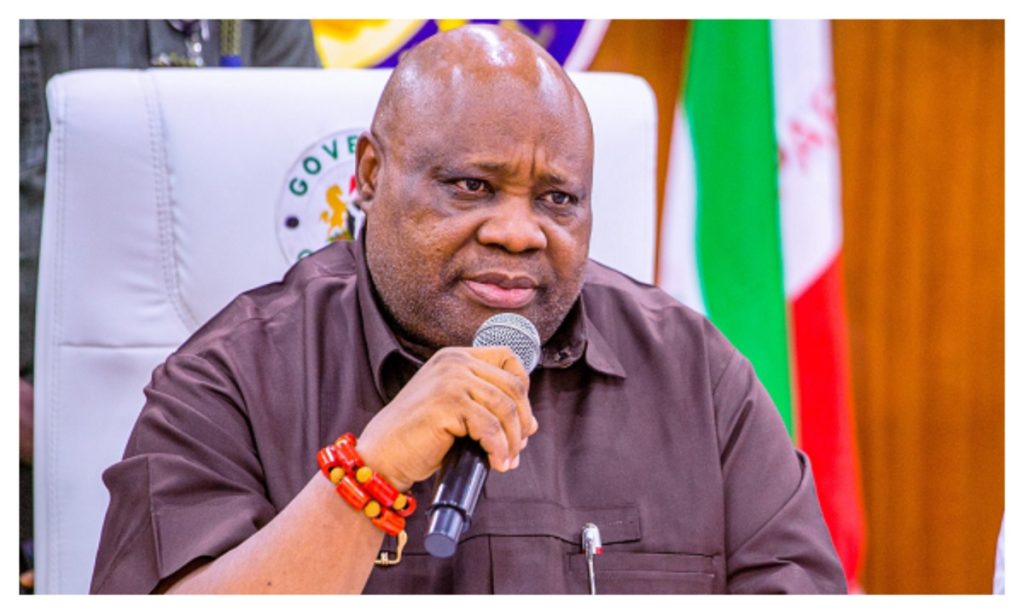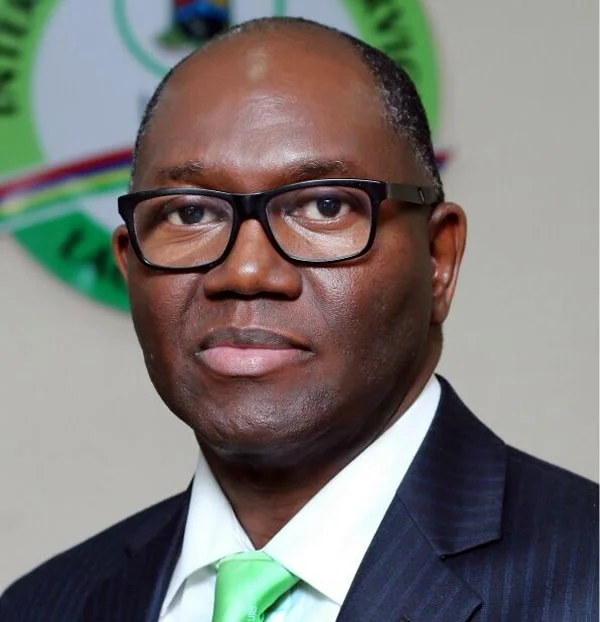Former President of Nigeria, Olusegun Obasanjo, has recently disclosed that some state governors played a significant role in his unsuccessful bid for a third term in office. This revelation sheds new light on the highly controversial event that unfolded in 2006, when a bill to amend the 1999 Constitution and extend term limits by another four years failed to gain traction in the National Assembly.
Since the incident, Obasanjo has consistently denied any involvement in attempts to prolong his stay in office beyond the constitutionally mandated 2007 end date. However, in an exclusive interview with renowned media personality Chude Jideonwo, the former president has come forward to highlight the complicity of certain governors in perpetuating his third-term agenda.
During the interview, which covered various aspects of his tenure as president, Obasanjo touched on his administration’s commitment to fighting corruption and the contentious issue of his third-term ambition. Shedding new light on the latter, he made a revealing statement: “The governors, some of them, were doing it for themselves because if the president did a third term, they too would have had a chance for a third term.”
Obasanjo’s admission underscores the complex political landscape that he navigated during his presidency. It suggests that there were vested interests at play, with some governors hoping to extend their own reigns in power by aligning themselves with the ambitions of the president. This insight shines a light on the intricate power dynamics that shape Nigeria’s political landscape and raises questions about the lengths to which politicians are willing to go to secure their positions of power.
The failed third-term bid was a defining moment in Nigeria’s democratic history, with both national and international observers closely monitoring the events as they unfolded. Obasanjo’s assertion that certain governors played a behind-the-scenes role only serves to deepen the intrigue surrounding the episode.
As a statesman, Obasanjo’s tenure was characterized by a mix of achievements and controversies. His fight against corruption earned commendation from many quarters, but questions were also raised about perceived autocratic tendencies during his time in office. The revelation of governors’ involvement in his third-term agenda adds another layer to the complex narrative that defines his presidency.
The exclusive interview with Obasanjo provides valuable insights into one of the most significant events in Nigeria’s political history. It offers a fresh perspective on the failed third-term bid and highlights the role played by various political actors, including state governors.
Ultimately, this revelation underscores the importance of transparency and accountability in Nigeria’s political system. It serves as a reminder that political maneuvering and power plays can have far-reaching implications for the country’s democratic process. As Nigerians reflect on the lessons learned from the past, it is crucial that these revelations contribute to ongoing discussions about the need for a robust and democratic governance structure that truly serves the interests of the Nigerian people.



